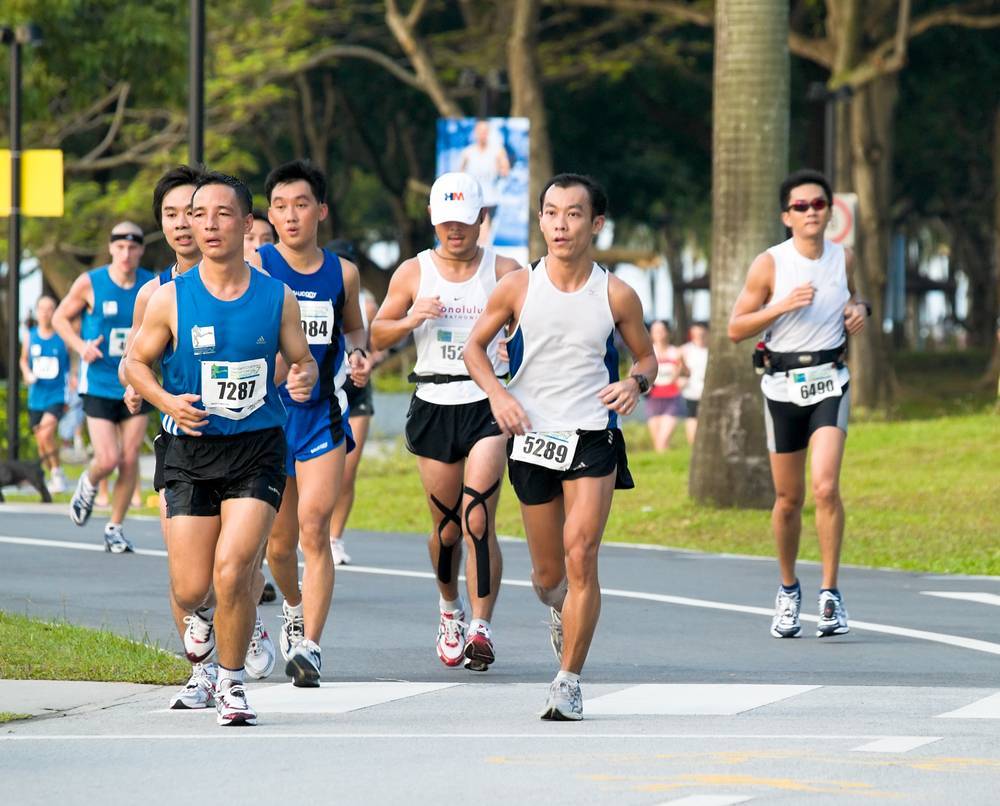Exercise is a key component of a healthy lifestyle, providing numerous physical and mental health benefits. However, when exercise becomes an obsession, it can lead to overtraining and various health issues.
Overtraining is a condition that occurs when an athlete exceeds their body’s ability to recover from the stress of training, which can result in reduced athletic performance and other negative effects. But when does exercising turn into overtraining? In this article, we’ll explore what overtraining is, its symptoms, and how to avoid it.
What is Overtraining?
Overtraining occurs when an athlete performs too much exercise or doesn’t allow their body enough time to rest and recover. This can result in decreased athletic performance, fatigue, and injuries. Overtraining can also affect mental health, causing depression, anxiety, and mood swings. Additionally, it can lead to hormonal imbalances and weaken the immune system, making athletes more susceptible to illness.
Symptoms of Overtraining
The symptoms of overtraining can be both physical and mental. Physical symptoms may include:
- Constant fatigue, even after rest
- Increased resting heart rate
- Decreased athletic performance
- Chronic muscle and joint pain
- Increased risk of injury
- Weakened immune system
Mental symptoms may include:
- Depression, anxiety, and mood swings
- Insomnia or excessive sleeping
- Irritability
- Loss of motivation
- Decreased appetite
- Lack of concentration
It’s important to note that overtraining symptoms can vary from person to person and may take weeks or even months to appear. For this reason, it’s crucial to pay close attention to your body and mental health, especially if you’re training for an endurance sport like a triathlon.
Avoiding Overtraining
Preventing overtraining involves finding the right balance between training and rest. Here are some tips on how to avoid overtraining:
- Listen to Your Body: If you’re experiencing fatigue or soreness that doesn’t go away after a few days, it may be a sign that you need to take a break.
- Rest and Recovery: Giving your body enough time to rest and recover is critical in avoiding overtraining. Make sure you’re getting enough sleep, eating a healthy diet, and taking rest days.
- Cross-Training: Incorporating different forms of exercise, such as swimming or yoga, can help reduce the risk of injury and prevent boredom.
- Gradual Increase in Training: Gradually increasing your training load will allow your body to adapt and avoid sudden increases in stress that could lead to overtraining.
- Seek Professional Help: Consulting with a coach or healthcare provider who specializes in sports medicine can provide valuable insight into how to avoid overtraining.
Overtraining in Asia
Studies show that overtraining is a growing concern in Asia, particularly in endurance sports like triathlon & marathon. A study of 1,285 triathletes found that 20% showed signs of exercise addiction, and those who compete at longer distances are at greater risk. Another study on both amateur and professional triathletes found the rate of exercise addiction to be between 20-30% overall, but 41% in the professional group.
Conclusion
In conclusion, this is a very real concern that can have a significant impact on an athlete’s physical and mental health. It’s essential to pay close attention to your body and mental health and seek professional help if necessary. By finding the right balance between training and rest, athletes can avoid falling into this trap and perform at their best. Remember, exercise should enhance your life, not consume it.o

